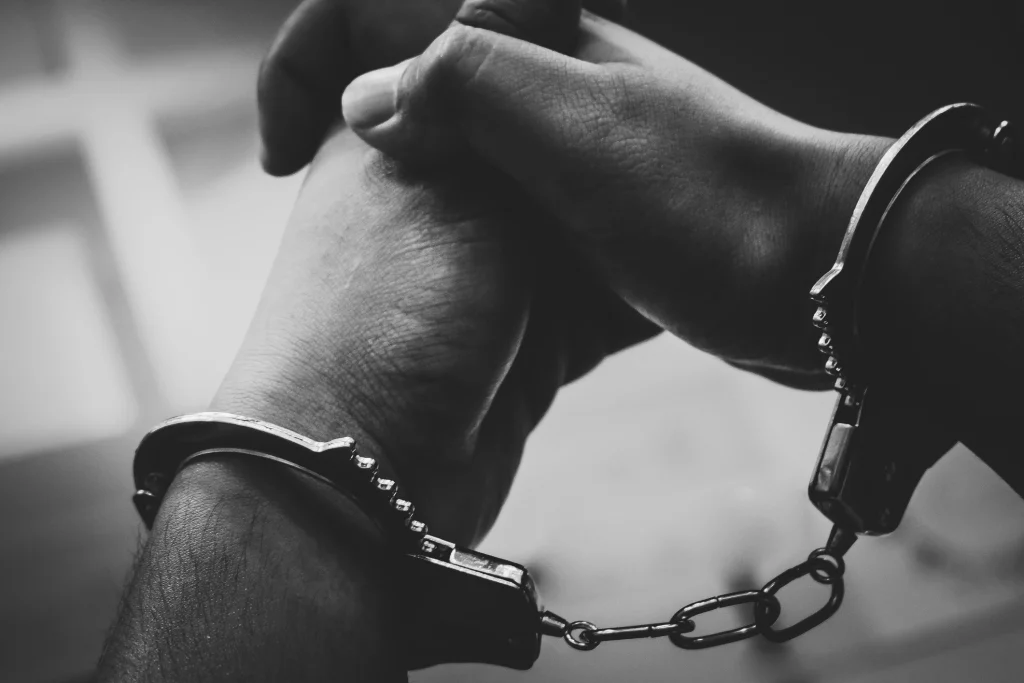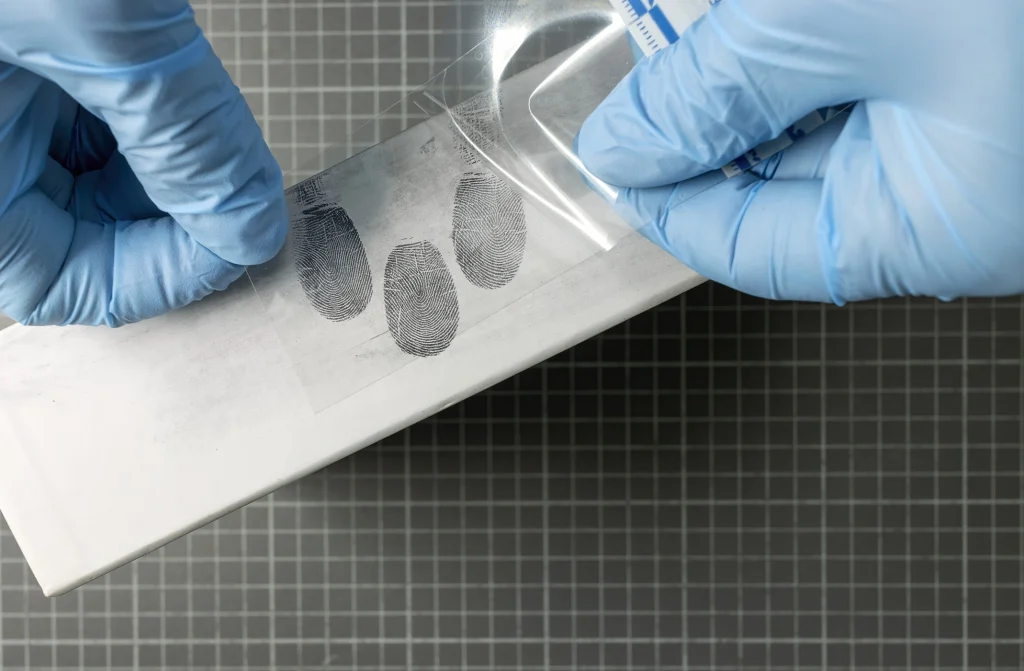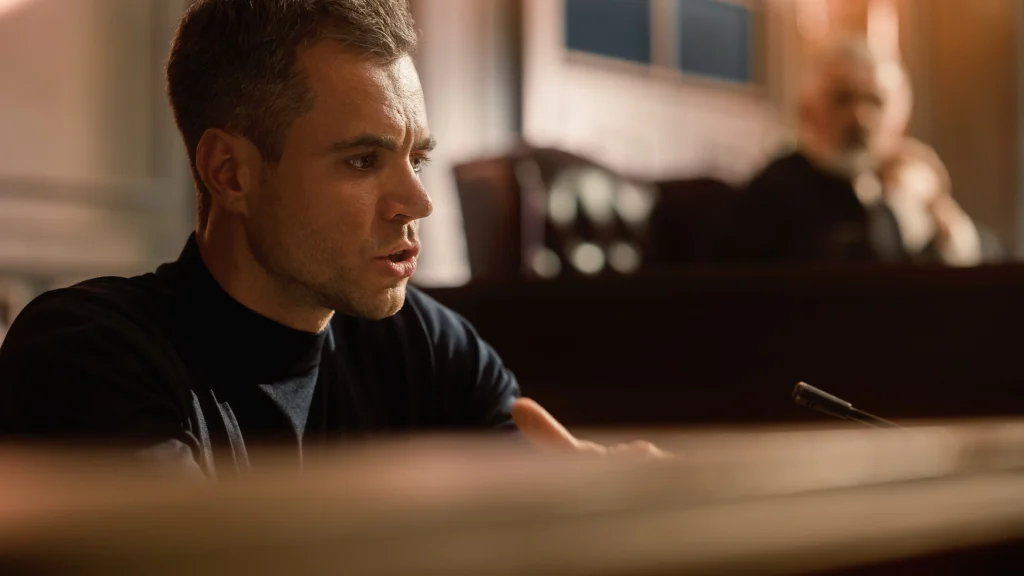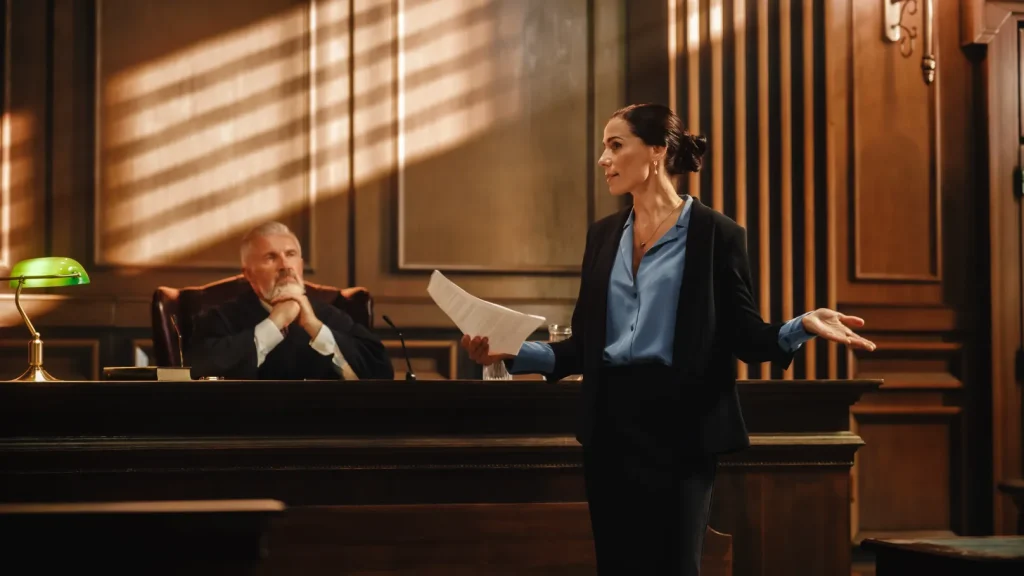
A police officer may arrest you for a crime, but this does not necessarily mean that the prosecution is able to secure a criminal conviction for the offense you are charged with. After an arrest, the state must go through the process of proving beyond a reasonable doubt that you committed the crime in question. Unless you accept a plea bargain or confess, likely, this will be done through a trial in criminal court.
During a trial, not only must the state prove that the crime occurred and that you are responsible for the crime, but they must also prove that you had the intent to commit a criminal offense. A compelling body of evidence is essential to prove guilt and secure a conviction. Without sufficient evidence, the chances of conviction are significantly lower.
An experienced attorney could leverage the lack of evidence in your case in your favor. This leverage can be used to negotiate with the prosecution and potentially avoid a conviction entirely. With the help of a skilled criminal defense attorney, it may be possible to get your charges dropped due to a lack of evidence and a poor chance of success at trial. If it is not possible to have your charges dropped, your lawyer could negotiate a lesser charge or sentence, or argue your case and secure a not-guilty verdict at trial.
The Love DuCote Law Firm LLC has extensive experience successfully defending clients in criminal cases in Texas, ranging from minor misdemeanors to high-stakes felonies. Our team of aggressive attorneys can dispute the evidence, discredit witnesses, further weaken the case against you, and fight to use this weakness to secure the best possible outcome for you.
Although a lack of evidence may look hopeful, do not underestimate the state’s ability to discover evidence and secure a conviction. Having aggressive and experienced legal representation by your side will give you the best chance of avoiding a conviction and protecting your freedom.
Contact The Love DuCote Law Firm LLC legal team today at 832-843-1691 to book a consultation and case evaluation.
Proving Guilt In Criminal Cases
In a criminal case, the role of the prosecution is to prove to the court that you are guilty beyond a reasonable doubt of the offense in question. As such, the burden of proof lies with the state. In a criminal court, you are presumed innocent until proven guilty. The prosecution must present evidence to the court to prove two main elements:
- That the defendant committed the crime they are accused of.
- That the defendant also committed the crime with specific or general intent.
In a criminal trial, the jury’s decision must rely purely on the evidence presented and cannot be influenced by unfair prejudice or bias. As such, a substantial body of strong evidence is critical in securing a conviction.
Types Of Evidence

The state has several forms of evidence at its disposal to prove the case against you. This can include obvious direct physical evidence but also testimony and expert opinion.
Physical Evidence
Physical evidence is one of the main types of evidence the state will aim to include in their case. A strong body of physical evidence can be compelling to a jury and increase the likelihood of a conviction. Examples of physical evidence used in criminal cases include objects, such as weapons, footprints, clothing, fibers, and DNA.
Circumstantial Evidence
Circumstantial evidence plays an important role in criminal cases. However, it is unlikely that the prosecution will be able to secure a conviction based on circumstantial evidence alone. This evidence alone usually does not prove that you committed a crime. Instead, it logically infers that you could have committed the offense.
This could include evidence showing that you committed similar crimes previously or that you had the items required to undertake the offense.
Witness Testimony

Witness testimony is evidence that is not supported by physical evidence but relies solely upon the account and credibility of the witness. This could include an individual who testifies that they saw you directly commit the offense or saw you in the area at the time of the crime. This may be enough to convict.
Can You Dispute Evidence In A Criminal Case?

Your attorney may be able to dispute the evidence presented in your case for a number of reasons. If evidence was obtained during a traffic stop without probable cause or a search without a warrant, likely this evidence will be inadmissible in court.
For example, if the evidence was obtained illegally, or if there are doubts about the chain of custody of the evidence, your attorney could file a motion to suppress evidence and have it removed from your case by the court. If your motion to suppress is successfully granted by the Judge, the evidence cannot be used against you in court to support an argument of guilt.
What Will Happen To My Case Without Sufficient Evidence?
Strong evidence is critical in every case for the state to secure a conviction against you. Without sufficient evidence, your case could be subject to several potential outcomes, such as your charge being dropped entirely, a not-guilty verdict, a lesser charge, or a plea deal.
Charges Dropped
If the prosecution has limited relevant evidence in their case against you, this can make it highly unlikely that they will be able to secure a conviction in court. When the chances of a conviction are so low, a skilled attorney can use this to your advantage. Your defense lawyer can use this lack of evidence to negotiate with the state.
Typically, the prosecution will not pursue a case to trial if the chances of conviction are minimal due to the amount of resources involved in a criminal trial. As such, this could result in the state dropping the charges against you.
Lesser Charges
If the evidence suggests that the prosecution is unlikely to secure a conviction for the criminal offense you were initially charged with, your attorney could negotiate a lesser charge with lesser penalties. For example, if they do not have sufficient evidence to secure a conviction of drug trafficking, your attorney might be able to negotiate a drug possession charge instead.
Suspended Sentence
A lack of evidence on the prosecution’s side gives your legal team substantial leverage and negotiating power to secure a more favorable outcome for you. If the amount of evidence in your case is low, but not low enough to result in your charges being dropped entirely, your attorney could use this to negotiate a suspended sentence.
Not-Guilty Verdict
In the unlikely event that a case goes to trial with minimal evidence, a jury will make the decision on guilt. A jury could return a final judgment of not guilty if they believe there is insufficient evidence to prove beyond a reasonable doubt that you committed the offense in question.
During your trial, your attorney can dispute and discredit the limited evidence the state presents, and present exculpatory evidence to support your innocence. This approach will further weaken the case against you and increase the chances of the jury returning a not-guilty verdict.
Can You Be Convicted Of A Crime Without Evidence?
Simply, it is not possible to be convicted of a crime in Texas criminal court without evidence to prove your guilt beyond a reasonable doubt. A skilled criminal defense attorney can use a lack of evidence to benefit your defense and possibly prevent your case from ever reaching trial.
Although, it is important to remember that evidence that can be used in court against you extends far beyond physical evidence. The prosecution could include types of evidence such as character evidence, circumstantial evidence, and digital evidence to substantiate their case. Seek legal advice from a criminal defense attorney to understand the exact evidence the prosecution is including in your case and the likelihood of this resulting in a conviction.
Contact The Love DuCote Law Firm Criminal Defense Attorneys Today
Without sufficient evidence, the prosecution will not have a strong case against you. Disputing evidence and having evidence dismissed from your case is an effective defense strategy to weaken the prosecution’s case against you.
However, do not take for granted that because the evidence in your case is lacking, this automatically means you won’t be convicted. A trial is an unpredictable setting, and there is no way to guarantee an outcome. As such, experienced legal representation is essential to increase your chances of beating a charge. A reputable defense attorney may be able to intervene and negotiate with the prosecution before your case even reaches trial, which then doesn’t leave anything to chance.
The Love DuCote Law Firm LLC has been proudly representing Texans in criminal defense cases in both state and federal court for many years. Our experience, knowledge, and resources allow us to provide the best possible criminal defense and secure favorable outcomes for our clients.
To speak to an experienced attorney about your case and what a lack of evidence could mean for you, call The Love DuCote Law Firm LLC today at 832-843-1691.
















